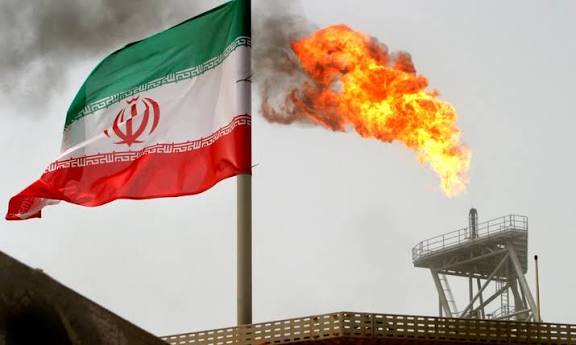Ride-hailing companies in Nigeria are contemplating raising fares in response to the steep rise in fuel prices, which now stand at ₦897 per litre following months of fuel shortages.
These platforms face the challenge of balancing driver earnings with passenger affordability.
“We are currently conducting a comprehensive review of the recent increase in fuel prices and considering various initiatives to minimize its impact on driver earnings. Our aim is that Uber remains the app of choice for drivers while ensuring an affordable service for riders,” said Tope Akinwumi, Uber’s Nigerian country manager, in an interview with TechCabal.
As drivers anticipate fare hikes from companies like Uber and Bolt, which use algorithm-based pricing models, some are turning to Indrive, a platform where drivers and passengers negotiate fares directly. Despite multiple requests, Bolt did not comment on the situation.
In Lagos, Nigeria’s economic hub, ride-hailing customers are already experiencing frequent fare surges due to the reduced number of drivers on the road. These platforms typically use surge pricing to adjust fares based on the supply of drivers and demand for rides.
Many drivers have chosen to stay off the roads, waiting for ride-hailing companies to respond to the fuel price increase. “If I buy fuel for ₦1,200 or ₦1,500, I’ll probably park my car at home for a few days and see what Bolt and Uber decide,” one gig driver told TechCabal.
The current fuel shortage has exacerbated the situation, with long queues at filling stations across Lagos further limiting the number of drivers available. “I’ve been in line all day and still haven’t gotten fuel by 2 p.m.,” a driver shared on Tuesday, noting that the situation makes it impossible to work.
Some drivers reported being in fuel queues as early as 4 a.m. without success, as many stations hadn’t started selling fuel. One driver, who wished to remain anonymous, mentioned searching for fuel for hours and expressed reluctance to purchase at the black market price, which exceeds ₦1,000 per litre.
Ride-hailing companies now face the difficult task of balancing the demands of drivers—who are calling for lower commissions and higher fares—with the expectations of passengers, who are grappling with record inflation and have plenty of alternatives to choose from.









